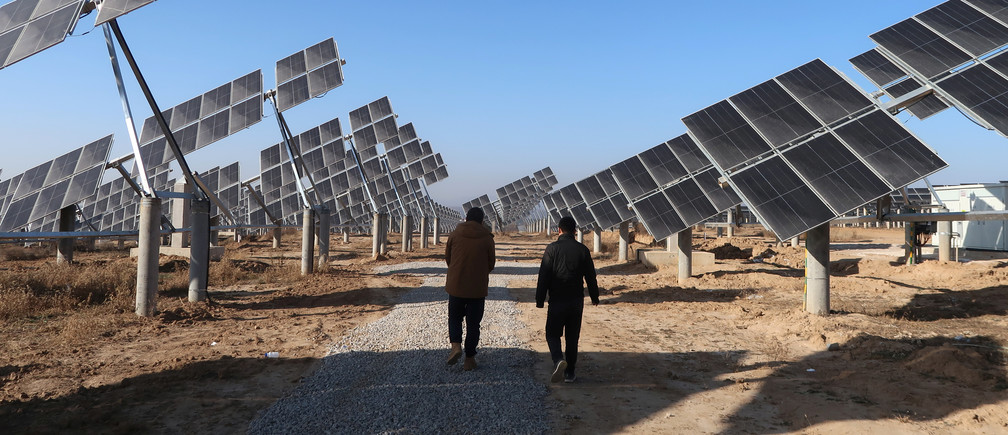01 Apr 2020 COVID-19 and the Energy Crisis
The COVID19 pandemic is having a huge impact across the whole energy sector, particularly in terms of demand and supply. After healing from coronavirus, the world might face an energy crisis.

The COVID-19 pandemic is having a huge impact across the whole energy sector, particularly in terms of demand and supply.
On the demand side, due to the sharp reduction in consumption, we know that there is a 25% of reduction in the oil demand on a global scale. Focusing on individual countries such as Italy, we notice that the electricity demand dropped by 13% in the first week after the first lockdown and gas demand dropped by 10%.
On the supply side, we notice reduction in investments with regards to some specific sectors such as oil due to much lower prices. At the same time, there is a reduction in the production of clean technologies due to problem in the supply chain in countries like China.
If we look at the future, with regards to the fight to pollution and climate change, there is a general concern that there might be negative implications both in the short-term and in the long-term.
In the short-term, due to the low prices of hydrocarbons, consumers might actually be incline to increase their consumption and delay the switching to cleaner technologies such as electric vehicles.
Secondly, carbon emissions have come down and presumably will come down in the coming months due to the economic recession with consequently lower carbon prices. These lower emissions may actually be an incentive for some industries to lower the efforts with regards to decarbonisation in the so-called “rebound effect.”
Thirdly, as we said before, the production of some clean technology will further face some delays due to problems in the supply chain. One example is solar panels and batteries in China.
In the long-run, the intent to stimulate the economic recovery could not maybe take into consideration the climate objectives or delay implementation of the announced targets such as the Green Deal. Thus, the economic attention may be shifted to the financing of more polluting sectors. Investments in new clean technologies may also be lower than in the past few years and we may see a reduction in policies supporting the implementation of these technologies.
We hope this will not be the case. The role of Responsible Investors will be key in financing a clean energy transition as well as a just transition in entirely sectors of the economy which can become ‘stranded assets’. As Adam Matthews, a board member on the Church of England’s £2.8bn pension fund, says “this situation could be the catalyst for rapid change and I think investors are going to look at long term systemic challenges very closely and want to see much greater resilience.” Also see the study by The Oxford Insitute for Energy Studies on “Decarbonisazion Pathways for Oil and Gas”.
Therefore, this situation is a test for the real commitment of governments, investors and companies to a clean energy transition.
https://www.oxfordenergy.org/wpcms/wp-content/uploads/2020/03/OEF121.pdf?v=79cba1185463
